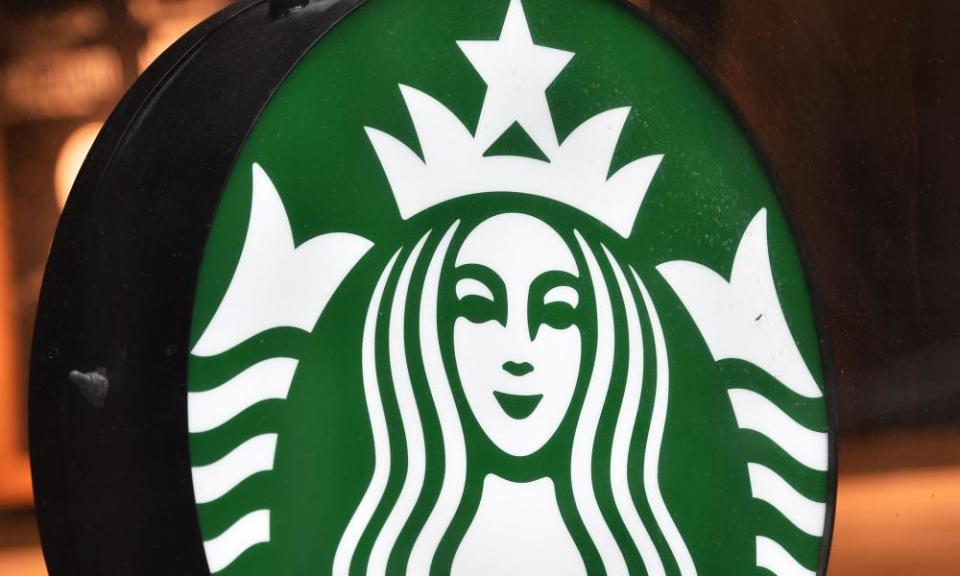Why Starbucks shouldn't be praised for its misguided racism workshops
The line between implicit bias and explicit bias can become murky at times, but the Starbucks incident is a clear case of explicit bias and to call it anything less is outrageous

After a Starbucks manager had two black men arrested for occupying a table without making a purchase, Starbucks has announced their plan to conduct racial implicit bias workshops for all their employees amid the growing protest.
Implicit bias, a term drawn from psychology, has become a new buzzword in the media that refers to the unconscious attitudes and stereotypes held by individuals around certain groups of people. Often people can act on implicit bias in prejudicial and discriminatory ways without even realizing it, such as assuming a black man is less qualified for a job than a white man, despite having similar résumés and skill sets.
While the line between implicit bias and explicit bias can become murky at times, the Starbucks incident is a clear case of explicit bias and to call it anything less is outrageous. To consciously pick up the phone to call the police on two black men sitting at a table doing nothing is an explicit act.
What is more concerning than how this incident is being represented to the masses is the willingness of non-profits and social justice organizations to discuss overt discriminatory incidents through the lens of implicit bias. Implicit bias frames offer these organizations an ability to discuss race in a disarming, nonthreatening means because the idea is implicit bias affects everyone’s minds unconsciously and no one is safe from its grasp.
Implicit bias workshops have become nothing more than a neoliberal PR stunt
There is some validity to this argument. However, the concerning part is when implicit bias workshops – which rely heavily on social psychology to understand and overcome our brain’s unconscious racial biases and stereotyping – are offered in place to mask explicit and structural bias qualifiers that form racial violence and attitudes.
As such, implicit bias workshops have become nothing more than a neoliberal PR stunt for both corporations attempting to avoid legal liability, and race organizations seeking to be solutions and funding-oriented. It’s an easy out when genuine solutions to racial violence are much more complex, time-consuming and expensive.
In the Starbucks case, consider that Jonathan Greenblatt, CEO of the Anti-Defamation League (ADL), has been brought on as one of the “experts” to develop the implicit bias workshop curriculum. The ADL is a staunch supporter of Israel and advocates against the Boycott, Divestment and Sanctions movement, which calls for an end to Palestinian occupation. How ironic is it that ADL is involved in a racial bias workshop while supporting Israel’s policing and oppression of Palestinian people?
Additionally, the ADL has sponsored exchange programs that allow Israel’s military to provide training to US law enforcement officers. During a time when Black Lives Matter is galvanizing against the militarization of police and an end to police brutality against black and brown bodies, this is a grave oversight. These are the politically charged structural-level issues implicit bias work is deflecting from. Because it makes people uncomfortable.
The ways by which neoliberalism has co-opted social justice work is not new though. Most recently, Cornel West called out Ta-Nehisi Coates for being the “neoliberal face of the black freedom struggle”. Coates’ contribution to mainstreaming the black narrative is undeniable. Yet West has very valid critiques of Coates’s work that apply to the emerging implicit bias field as well.
West underscores “any analysis or vision of the world that omits the centrality of Wall Street power, US military policies and the complex dynamics of class, gender and sexuality in black America is too narrow and dangerously misleading”. This is where implicit bias workshops fall short – in both analysis and vision.
There is a place for recognizing the critical role of implicit bias in racial disparities; it’s just not here. Bottom line – don’t be too quick to label Starbucks’ racial implicit bias trainings a victory. It’s far from it. The process for change is uncomfortable and if it’s not, then it’s probably not working.

